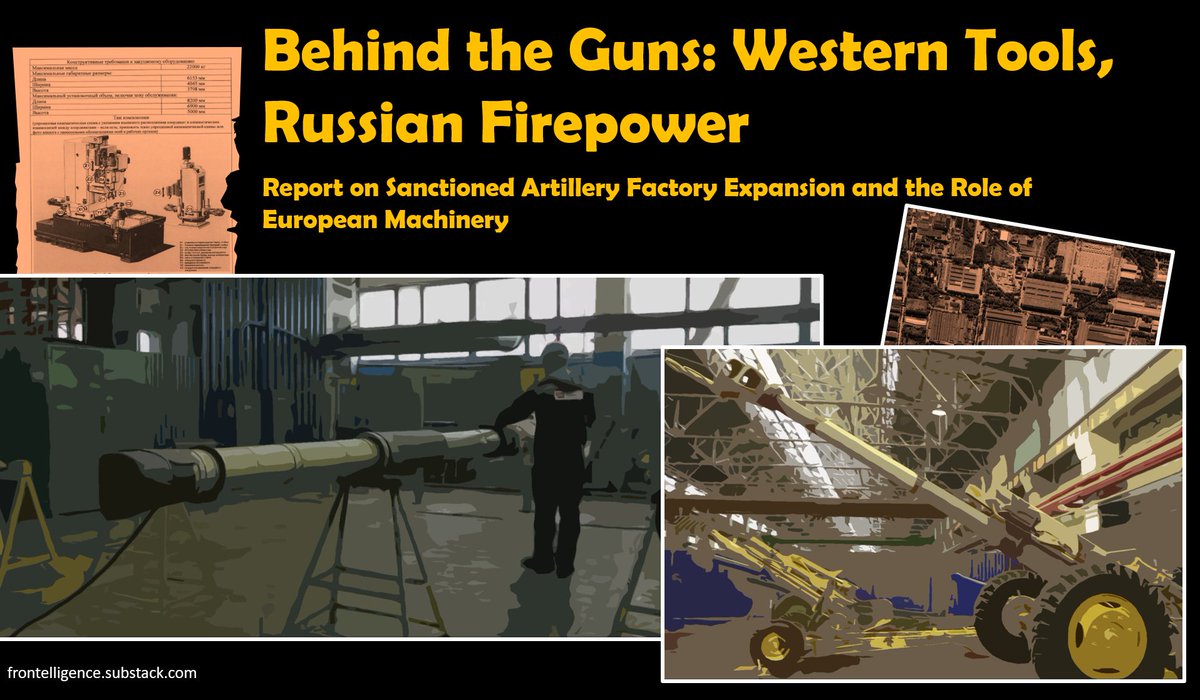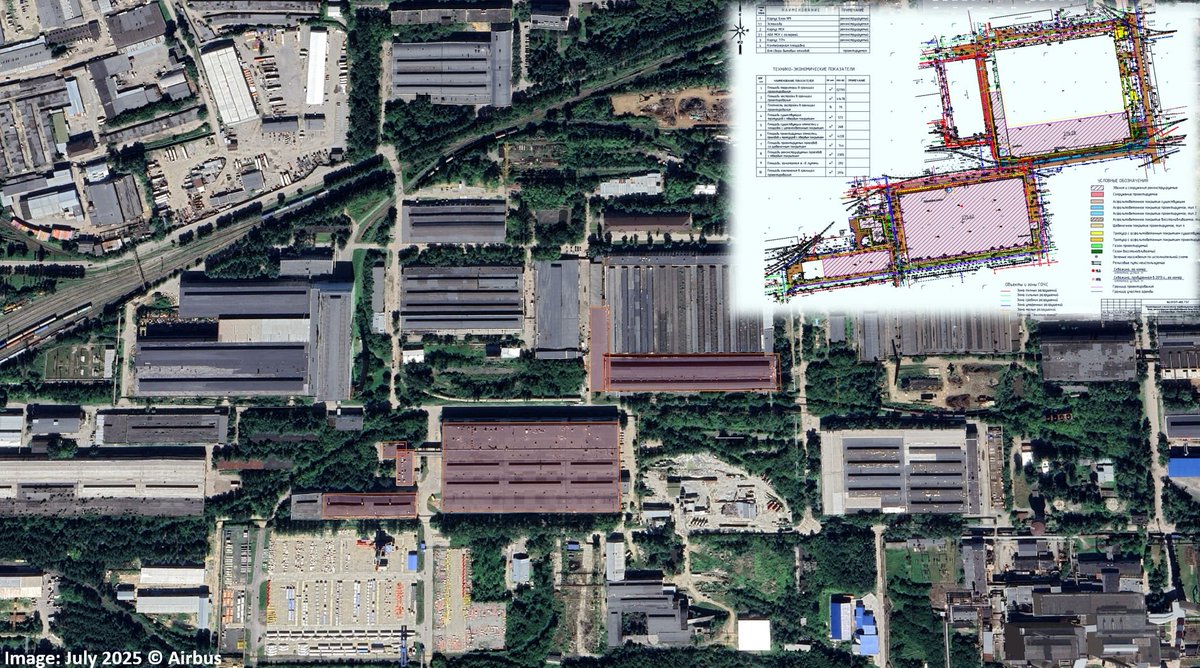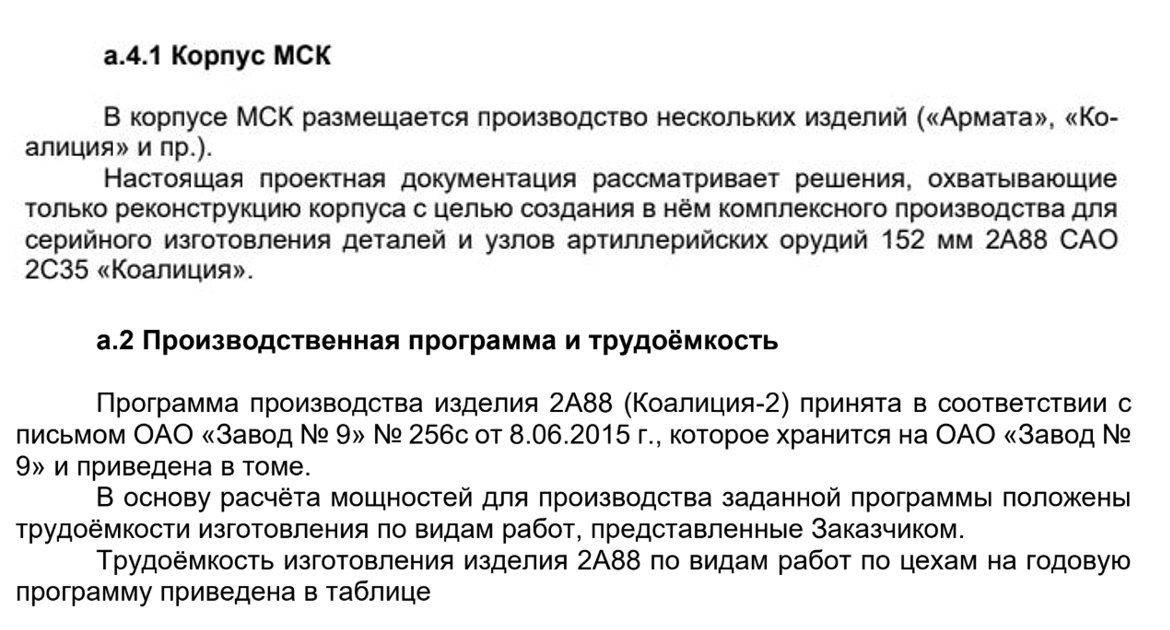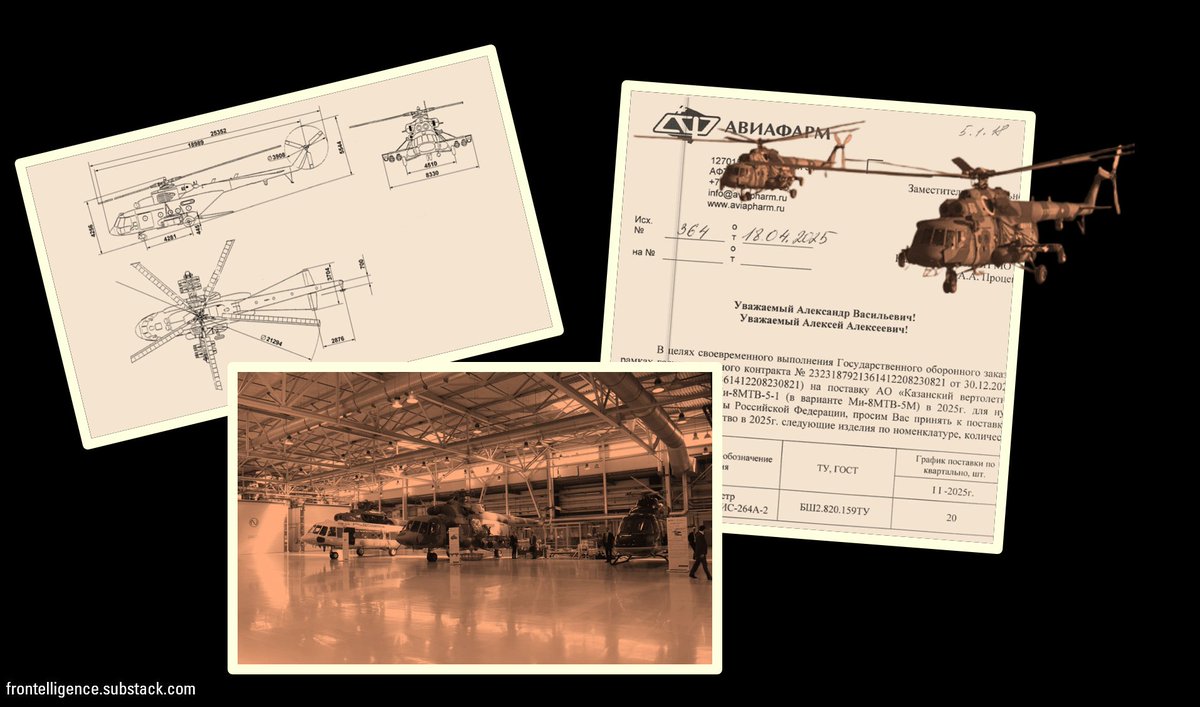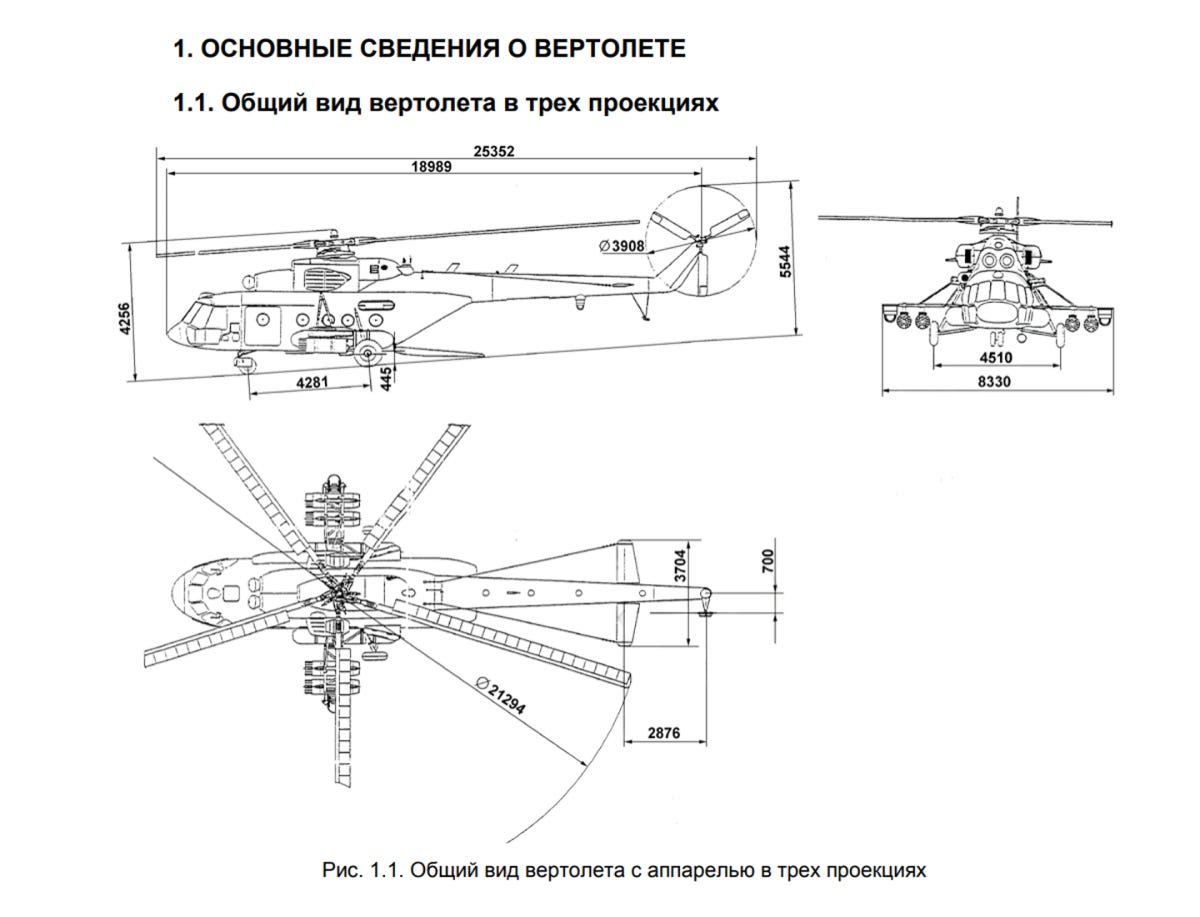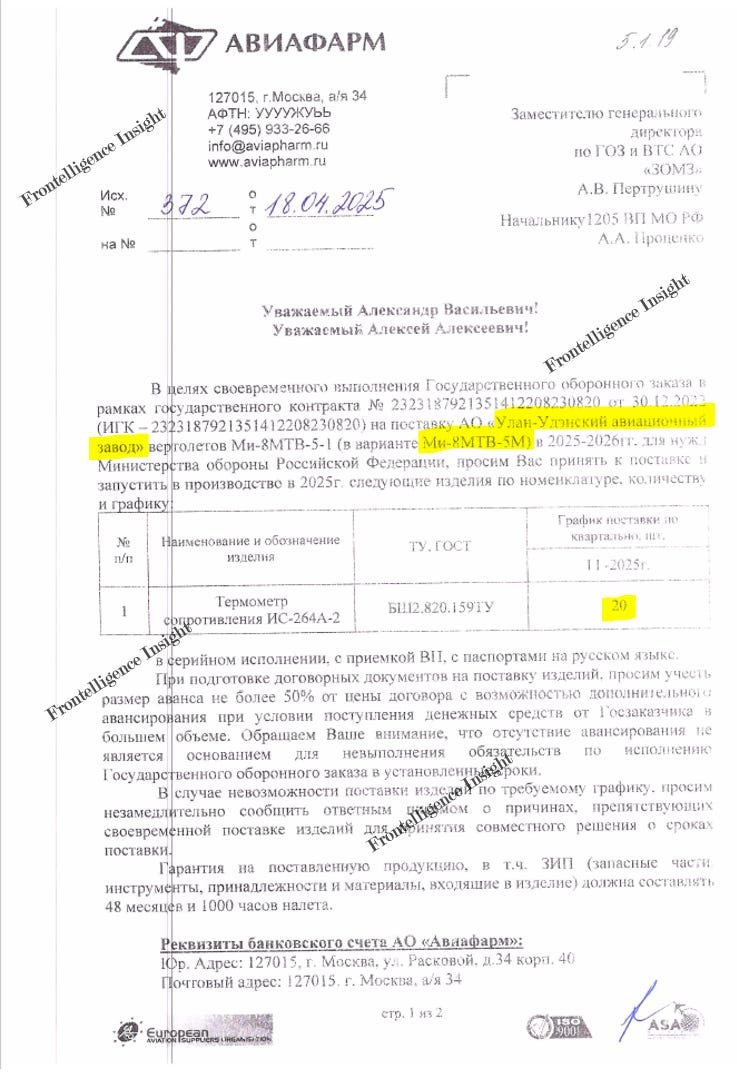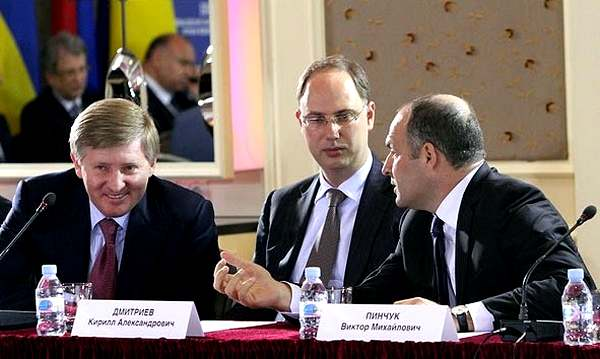As Russian forces close in on Pokrovsk, a key logistical hub in Ukraine's Donbas region, concerns about its potential loss are mounting. There is uncertainty about why Pokrovsk is more significant than other recently lost towns. This thread aims to clarify this and other aspects: 

2/ Before falling to Russian forces in February 2024, Avdiivka was vital for Ukrainian troops, serving as a fortress, protecting key logistical routes in Donetsk Oblast, and a potential foothold for deoccupying Donetsk. Since 2022, Russia has invested heavily in capturing it 

3/ Pokrovsk, with a pre-war population of ~60,000, lies west of Avdiivka at a key railroad crossroads. It has become a key distribution hub, supporting Ukrainian forces along a broad frontline from Vuhledar to the north of Donetsk and beyond. The railways are highlighted in red 

4/ Currently, only two places in the Donbas serve this vital function - Pokrovsk and Kramatorsk
The significance of Pokrovsk extends beyond its rail connections - it is also located at a key road juncture, serving a similar role in the transportation and distribution of supplies
The significance of Pokrovsk extends beyond its rail connections - it is also located at a key road juncture, serving a similar role in the transportation and distribution of supplies

5/ The road linking Pokrovsk to Kostyantynivka has long been a Russian target. Cutting it off would worsen the resupply of troops in the Bakhmut-Horlivka sector. The potential loss of Pokrovsk poses an operational threat to logistics in the region, from Vuhledar to Horlivka
6/ Another concern is the political one: Pokrovsk is just over 20 kilometers from the Dnipro Oblast border. Given Russia's re-entry into Kharkiv Oblast in May 2024, there's little reason to think Putin will stop at Donetsk and Luhansk borders. 

7/ Since July, the pace of Russian advancement in this area has quickened, allowing them to bypass most of the defensive lines Ukraine rapidly built after Avdiivka’s fall. This is visible on the map by OSINT group @Black_BirdGroup, which used satellite imagery to map defenses 

8/ Satellite imagery of seized UA positions shows signs of artillery shelling, though less extensive than in Ocheretyne. This likely indicates that Ukrainian troops in the Pokrovsk area retreated multiple times due to insufficient forces and resources for an organized defense
9/ While concerns about the lack of fortifications behind Avdiivka are valid, the major issue is the shortage of manpower and units to defend them. Regardless of how well-constructed the defenses are, if they are staffed at only 10-20% of capacity, they likely will be lost
10/ Typically, both Ukraine and Russia redeploy forces to stabilize critical areas by moving units from quieter sectors. Ukraine’s redeployment to Kharkiv, and then Sumy for the Kursk operation has reduced the available units for stabilization efforts.
11/ Does this mean that the loss of Pokrovsk is imminent? No, but the likelihood is increasing due to the balance of forces. Despite Ukrainian efforts to draw Russian forces away with the Kursk incursion, Russian leadership is hesitant to redeploy significant forces from Pokrovsk
12/ Ukraine has options to stabilize the line, including deploying new brigades, repositioning forces from Kursk and Kharkiv, or reallocating battalions from more stable fronts. However, time is against the defenders, and there is a risk of a serious operational catastrophe. 

13/ The full analysis with detailed insights and nuances from Frontelligence Insight will be available soon on the @EuromaidanPress website and our own site. Follow our account to stay updated, and please like and share the opening message to help increase visibility.
14/ The full version of the article with better graphics and more details is available here:
euromaidanpress.com/2024/08/28/wha…
euromaidanpress.com/2024/08/28/wha…
• • •
Missing some Tweet in this thread? You can try to
force a refresh


